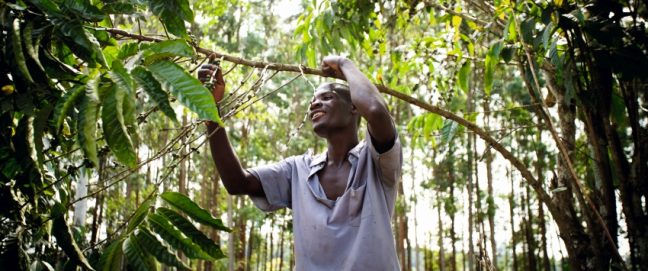Philanthropy needs to give Indigenous sovereignty a higher priority to achieve a fundamental and long-lasting difference
Since 2008, The Circle on Philanthropy (The Circle) has been supporting Indigenous peoples, communities and organisations to transform the settler philanthropic sector in Canada by incorporating Indigenous ways of giving and committing to invest in the sovereignty of Indigenous peoples. In response to the Truth and Reconciliation Commission report on the legacy of Indian residential schools in Canada, The Circle, through its Declaration of Action sets out to decolonise wealth in a Canadian sector that originates from the accumulation of wealth from stolen land, dispossession and violation of Indigenous peoples’ rights. Violations such as the early surveying of land which forced most of the Indigenous communities in Canada on to 2 per cent of its land mass – a significant barrier to their ecosystems, culture, language, spirituality, identity and well-being. A violation against Métis scrips that often were unobtainable and also interrupted and displaced Inuit communities during resource extraction such as the gold rush. The impact of these violations continues and has taken many forms of policy and legislation since the constitution of Canada came into being.
The Circle works to maintain and amplify Indigenous forms of wealth redistribution and to radically transform how settler philanthropy supports Indigenous-led innovations, movements and Nations.
Community, family and private foundations need to reflect on their origin stories to understand how their resources and wealth began, which in most cases derives from the exploitation of land, resource extraction and displacement of Indigenous peoples from their land, culture and spirituality. Predominantly white-dominated boards and senior leadership roles still make decisions on behalf of Indigenous communities, which undermines their well-being and autonomy. The philanthropic and charitable sector continues to benefit from extraction and appropriation of Indigenous knowledge, stories, wisdom and work without sharing power or resources with Indigenous leaders and their communities. We encourage organisations to go through a process of learning about reciprocity and what this means for Indigenous-led organisations and their work. It is not enough to engage diverse voices. Organisations need to understand and support Indigenous sovereignty as a higher priority.
Subscribe now from only £45 a year!
This article is only available for our subscribers
Existing users can login here



